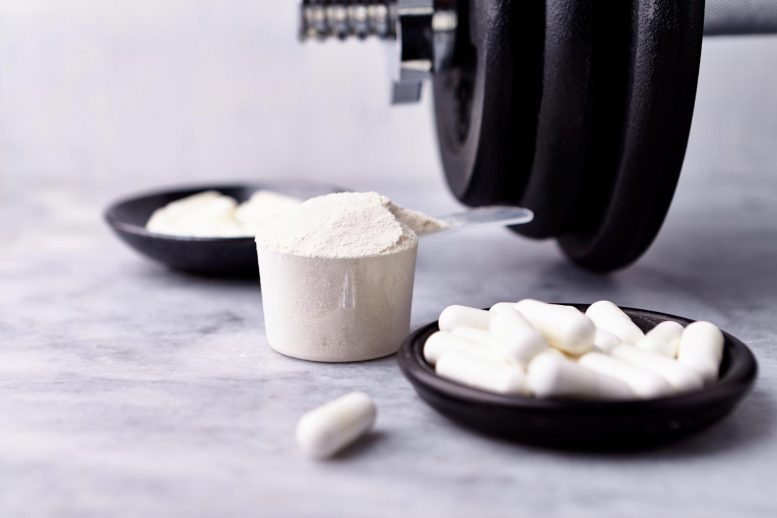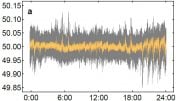
Canadian regulations on muscle-building supplements show gaps, risking youth health. Authors propose stricter testing, sales restrictions, and enhanced recall powers for Health Canada.
A recent policy analysis revealed that muscle-building dietary supplements, such as whey protein, are loosely regulated by federal Canadian policy.
A recent policy analysis, published in the journal Performance Enhancement & Health, has brought attention to multiple shortcomings in the Canadian policy concerning muscle-building dietary supplements. These supplements, which include whey protein, creatine monohydrate, and amino acids, are commonly consumed for their purported benefits relating to muscle growth and recovery. Currently, their regulation falls under the Natural Health Products Regulations governed by Health Canada.
“We identified many gaps in the current policy that put young people at risk,” reported Kyle T. Ganson, PhD, MSW, assistant professor at the University of Toronto’s Factor-Inwentash Faculty of Social Work. “Namely, there lacks a serious and consistent method of ensuring manufacturing sites and products are safe and unadulterated or contaminated.”
Identified Gaps and Concerns
The authors underscore the need for greater regulations given their prior research that has documented that over 80% of boys and young men report using whey protein and over 50% report using creatine monohydrate.
“These dietary supplements are widely available and easily accessible despite the potential for being adulterated with banned substances,” continued Ganson. “We also know that use of muscle-building dietary supplements is linked with eating disorders, muscle dysmorphia, illicit substance use, and future use of anabolic-androgenic steroids.”
The authors provide a number of pre- and post-market recommendations to strength policy to protect the health and well-being of Canadians.
“Several strategies may be used to deter use, such as imposing a tax to these supplements, as well as restricting sale to those under 18 years old,” noted Ganson.
Recommendations for Policy Strengthening
The authors also recommend enhanced pre- and post-market testing of manufacturing sites and products, increased ability for Health Canada to recall products, and improved monitoring of adverse events.
Reference: “Assessing Canadian regulation of muscle-building supplements: Identifying gaps and recommendations for improvement to protect the health and well-being of young people” by Kyle T. Ganson, Eliana Sinicropi and Jason M. Nagata, 7 September 2023, Performance Enhancement & Health.
DOI: 10.1016/j.peh.2023.100255
The study was funded by the Richard B. Splane Applied Social Policy and Social Innovation Fund and the National Institutes of Health.









I’m reminded of
https://www.fda.gov/animal-veterinary/recalls-withdrawals/melamine-pet-food-recall-2007